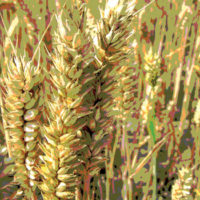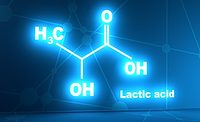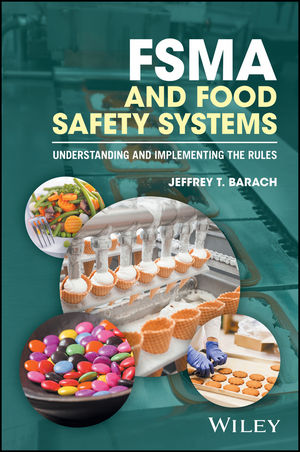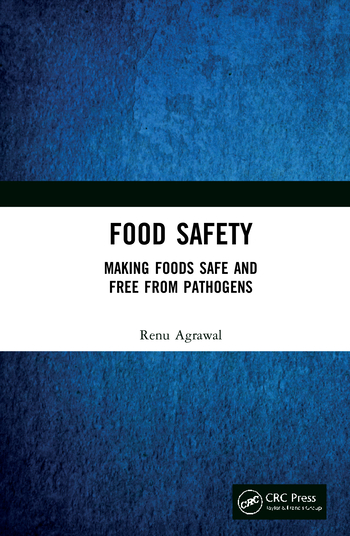Farmed Versus Caught Fish: AAC Says Consumers Should Know the Risks

The Aquaculture Advisory Council (AAC) is asking European and other national agencies to acknowledge that different fish production methods come with different food safety risks.
The AAC said that authorities need to give consumers information about fish species' risks depending on whether the fish were farmed or caught. The organization gives advice to the European Commission and member states on regulations that may impact the fishing industry at an EU-wide or national level.
Fish can be farmed or caught from the wild. AAC has published a recommendation asking the European Commission and its member states to make sure that fish-related risk assessment reports and consumption guidance explicitly state whether they are referring to caught fish, farmed fish, or both.
According to research, although there are no large differences in consumer food safety beliefs on farmed versus wild fish, farmed fish are generally less affected by marine pollution, heavy metals, and parasites.
The European Food Safety Authority published a report in 2021 on the risk characterization of ciguatera poisoning in Europe. Although ciguatera poisoning mainly affects tropical reef fish, some countries in Europe are seeing cases rise. Fish that carry ciguatera-producing toxins can be sold as either a caught or farmed product. However, farmed fish should be excluded, because ciguatera only affects wild fish exposed to the marine microalgae Gambierdiscus toxicus.
AAC has also said that other hazards, including mercury, dioxins, polychlorinated biphenyls, and microplastics, are not absent in farmed fish, but should be found at lower levels when compared to wild fish.
The AAC also noted that the lack of differentiation between fish production methods is not deliberate, in terms of risk assessments and consumption guidance, but more the result of simply not taking into consideration the existence and attributes of farmed fish.
Looking for a reprint of this article?
From high-res PDFs to custom plaques, order your copy today!









